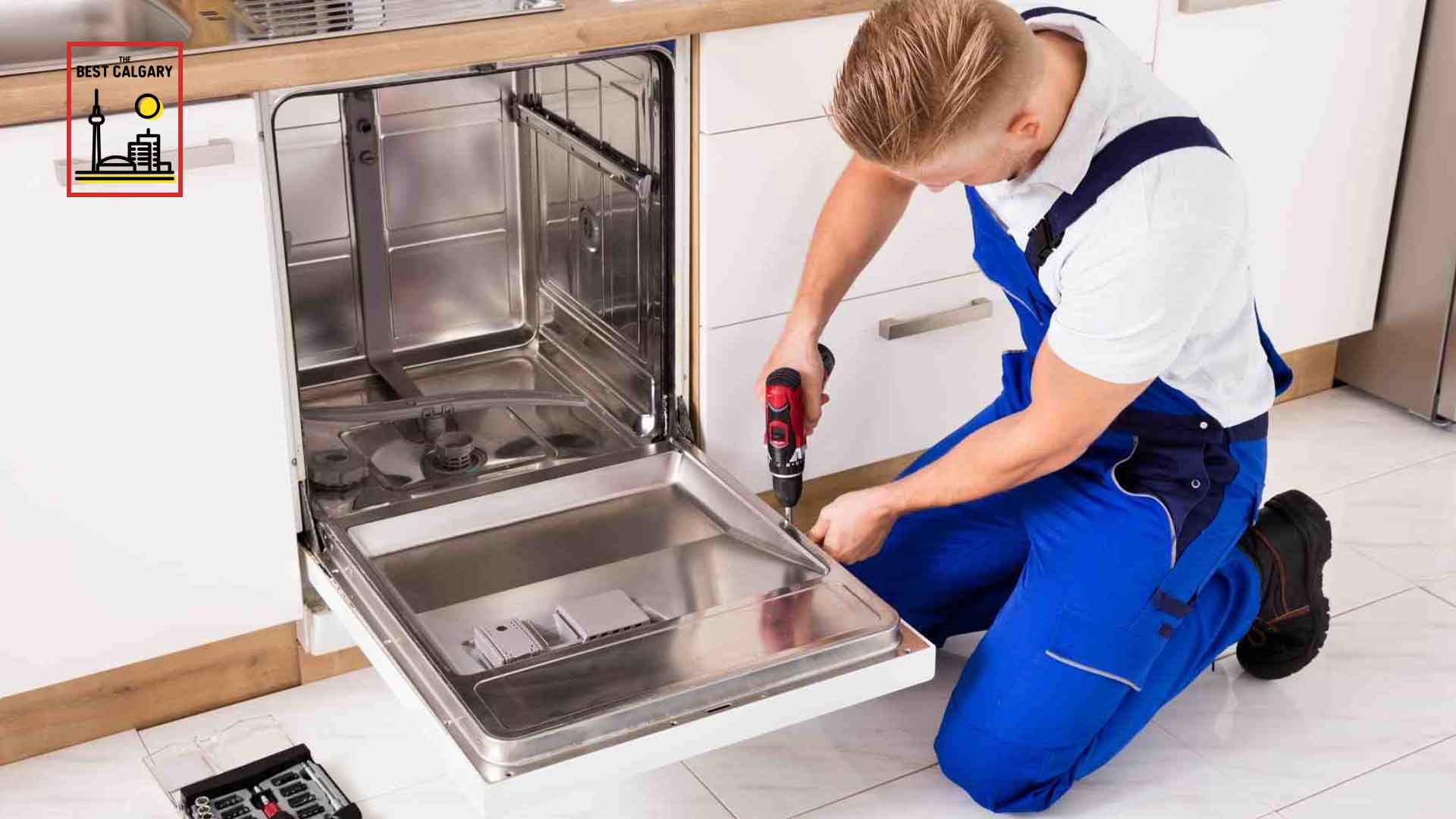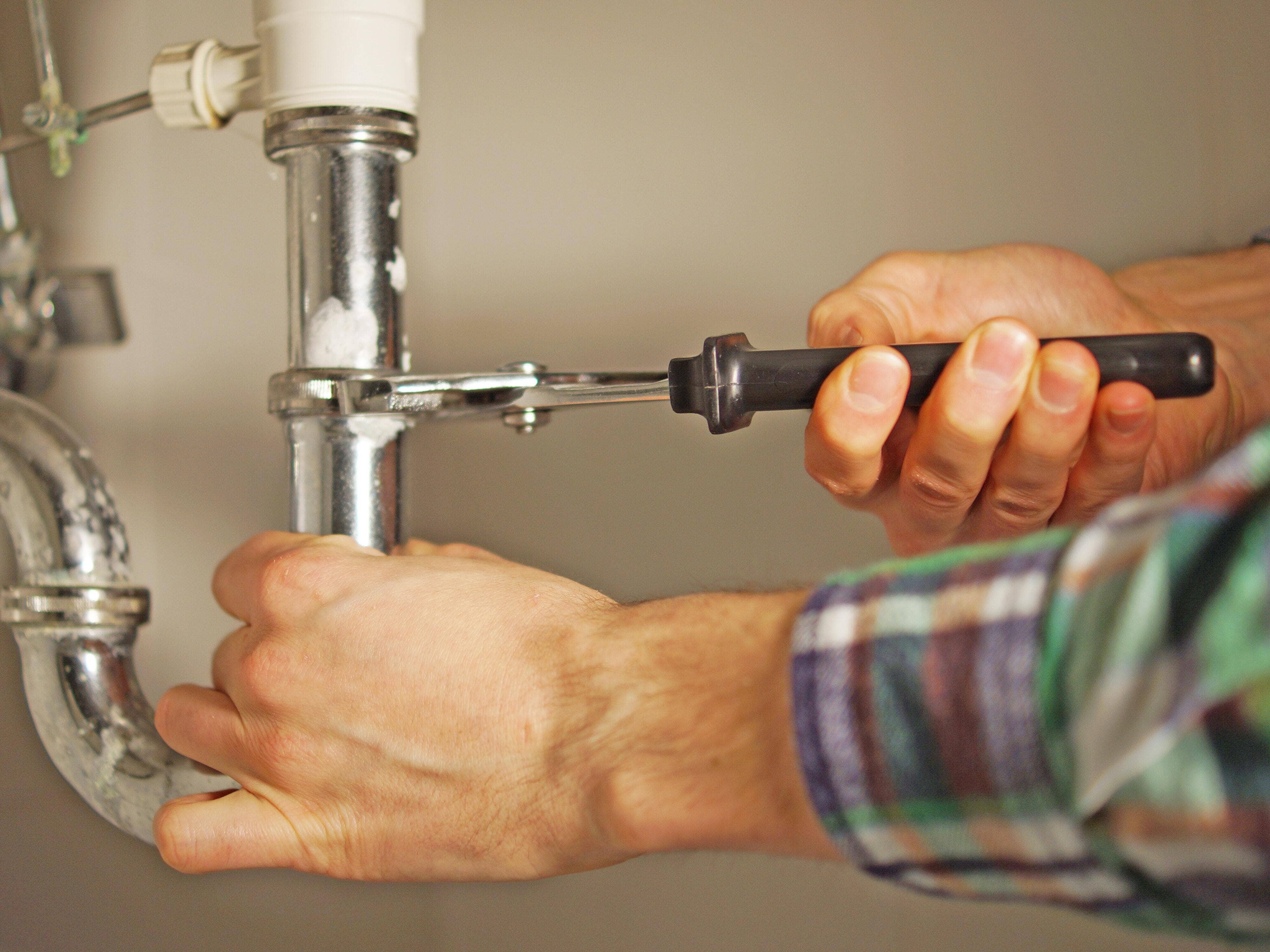Six Practices You’re Unknowingly Damaging The Plumbing Appliances
Six Practices You’re Unknowingly Damaging The Plumbing Appliances
Blog Article
How do you feel about Don’t Let an Earthquake Damage Your Plumbing?

The secret to long lasting home appliances, unsurprisingly, appertains upkeep. There's no set policy that can guarantee your plumbing devices a long wear, however you can prevent unnecessary damage and also repair work by staying clear of poor plumbing routines.
You need to stop doing these 6 points else you'll maintain calling your plumber over for minor faults.
Flushing whatever
Yes, your bathroom drainpipe results in the sewers, but that doesn't indicate you should unload just anything down the tubes. Several 'flushable' materials are really wonderful clog starters, for instance floss. Asides maintaining apparent non-flushable materials like wires and also plastics out of your bathroom, you must also avoid flushing cotton swab, menstrual items, wipes, daipers as well as condoms down the toilet drain.
DIYing whatever
With plumbing, a stitch in time truly does save nine. You can avoid a fullblown plumbing emergency by calling your plumber at the correct time.
You may have learnt a couple of plumbing hacks from your daddy, however you should certainly know where to draw a line and also call an expert. For example, you may be able to take care of a clog yourself, but you shouldn't try to transform a pipeline. You might mismatch pipelines or overtighten a screw, causing more injury and also damages than you assumed. Calling a plumber is a risk-free and economical choice.
Using too much drainpipe cleaner
Making use of a drainpipe cleaner greater than once or twice a month is an indicator that something serious is taking place within your pipelines. Currently, instead of encountering the major issue, you go with a quick fix; a fizzy drain cleaner. Rightfully, a drain cleaner will take care of the blockage, but at what price?
The chemicals in a drainpipe cleanser can accelerate the corrosion of your pipelines. Include that to whatever underlying issue is triggering the obstruction as well as you might need to a major trouble on your hands.
If you experience way too many clogs, call your emergency plumber as opposed to making use of a drainpipe cleaner.
Putting grease in the sink
We know correctly disposing of oil after a hearty meal is a discomfort. But merely putting it away can do lasting injury to your pipelines. "The fat and oil can block your drainpipe badly enough to require you to call a plumber," describes Dawson. "Plumbing functions best when it's well taken care of-- not abused with grease."
Not changing your dishwasher hoses
One very easy means to ensure that you utilize your dishwashing machine for several years is to change the pipe at least as soon as in 5 years. This likewise applies for cleaning maker pipes.
With time, food bits, soap as well as oil can form clogs within your pipes. Replacing them on schedule will protect against any type of presure develop that can harm the interior functions of your dishwasher or cleaning equipment.
A strengthened steel braided tube does a terrific task of prolonging your maker's usage time.
No winter preventative measures
Extreme climate condition misbehave for your pipelines, specifically if they're made from steel. You should protect your subjected pipelines, and also your water tank, even if you have a water heater. You need to likewise switch off your garden hose valve as well as any other external water networks. These channels are outlets for chilly; you pipes can start to ice up from outside if you do not.
Prevent Water Damage from Plumbing and Appliances
Prevent toilet failure
Be patient after you flush and wait for the valve to completely finish refilling the tank and bowl. If an overflow looks imminent, lift off the tank cover and lift the float to shut off water flow to the tank, and then turn off the supply valve.
Twice a year, inspect a toilet’s components, such as the fill, supply, and flush valves, and the supply line. Make sure you can turn off the supply. If you have older screw type valves that are hard to turn or start leaking, consider replacing them with simpler ball valves that are easy to shut off quickly.
Inspect and maintain your water heater
Inspect your anode rod every two years, or every year once the warranty has expired, to determine if it needs to be replaced.
Flush water heater tanks every six months to remove sediment by attaching a garden hose to the valve at the base. For safety, first turn off the power and run hot water until it is cool.
Get an annual inspection from a plumbing professional including the shut-off valve and all piping. Signs of broken valves and loose or wet joints and rust are a sign that more severe damage is coming.
Maintain washing machine supply lines
Look for signs the supply hose may be ready to fail—blisters in the hose, worn tubing, stress cracks, or a loose connection.
Replace the supply hose with a reinforced steel braided hose if it shows any sign of wear.
Tighten the connection if it feels loose. The most common site of failure is near the connection where the hose bends.
Replace supply hoses every five years, even if there is no obvious deterioration or wear. Some signs of deterioration may occur from the inside out and may not be visible until it is too late. When replacing washing machine supply hoses, always choose a reinforced steel braided hose over the traditional un-reinforced rubber hose. These hoses will last longer and are far less likely to result in a catastrophic water loss.
Prevent plumbing failure
Never pour grease down the drain.
Plant trees away from lateral drain lines to prevent roots from damaging piping.
If your home’s sewer system is connected to the city’s sewer system—a particular problem for older homes—or if you are located downhill or below street level, contact a plumbing professional to install a backflow prevention assembly into your sewer system.
Call a professional if you notice signs of a plumbing problem—an increased monthly water bill, banging pipes, rust stains, moisture in the walls or on the floor, and signs of wet soil erosion near the foundation.
https://disastersafety.org/maintenance/prevent-water-damage-from-plumbing-and-appliances/

As an enthusiastic person who reads on Don’t Let an Earthquake Damage Your Plumbing, I assumed sharing that post was a smart idea. Be sure to take the opportunity to share this post if you enjoyed it. I take joy in reading our article about Don’t Let an Earthquake Damage Your Plumbing.
Contact Report this page